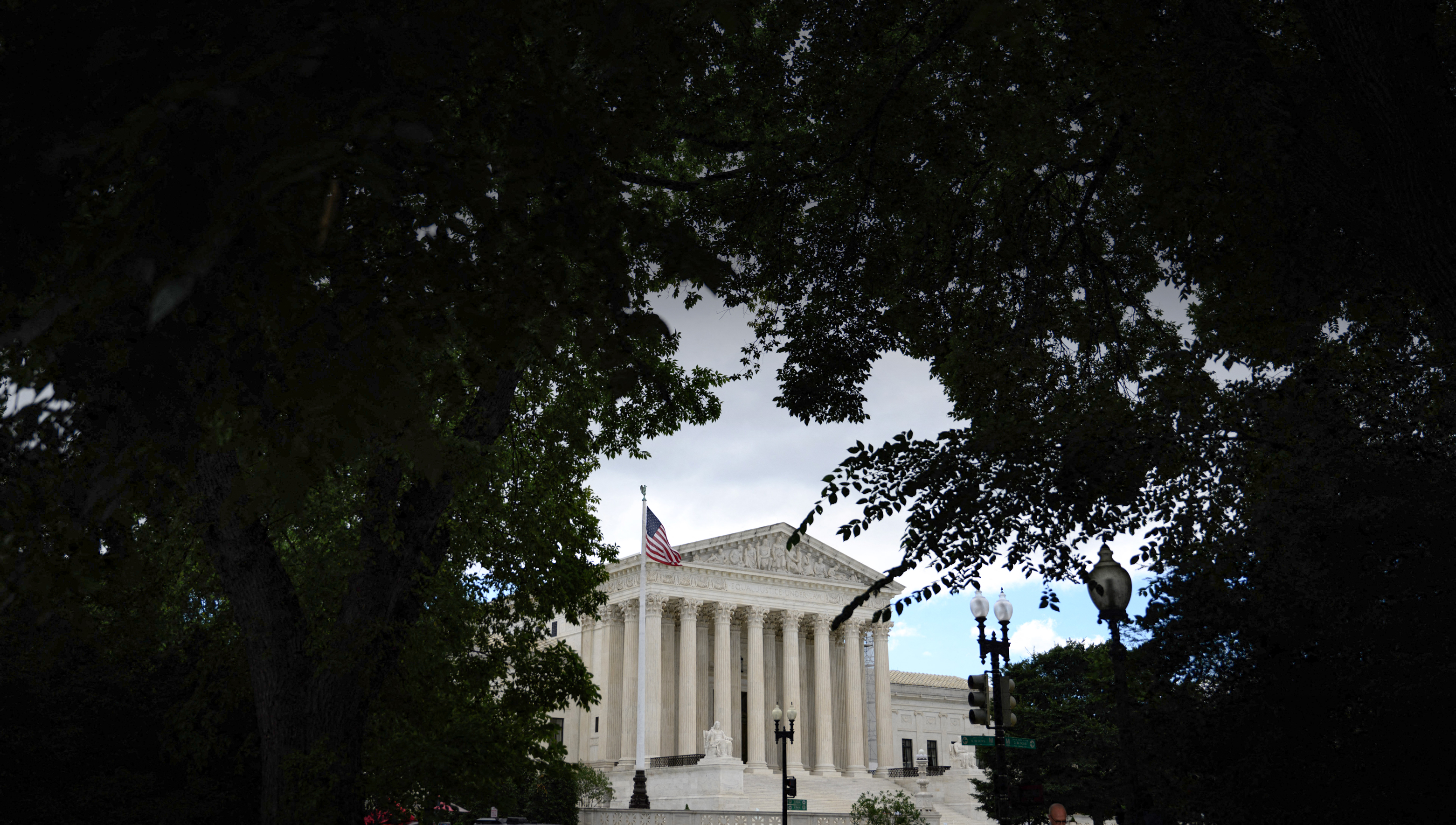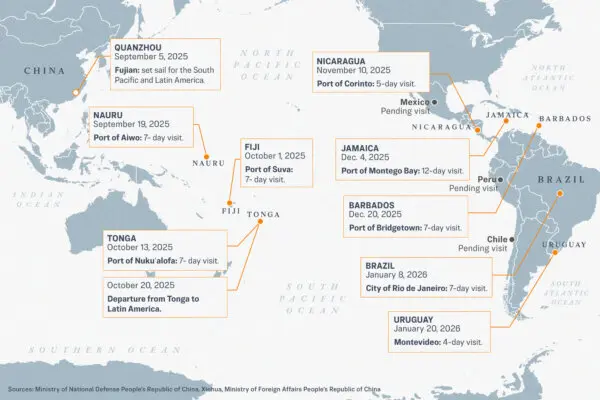Among President-elect Donald Trump’s plans for immigration is a move to end a longstanding practice of granting something known as “birthright citizenship” to children who are born in the United States of noncitizen parents, including those here illegally.
Last year, he vowed to sign an executive order directing agencies to abandon that practice, if reelected.










